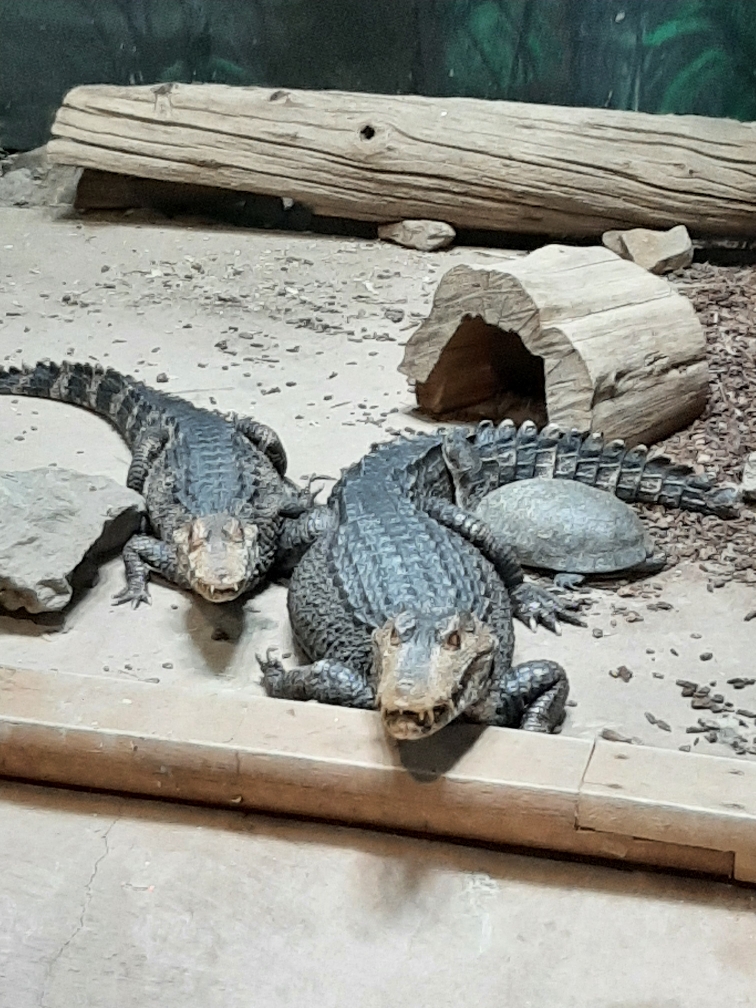Since its inception in 1976, CAZA has worked to develop accreditation standards that have since become recognized as among the best in the world. Here at home, they serve increasingly as a benchmark for quality animal care and welfare. Today, governments at all levels have incorporated these standards into their regulatory frameworks either directly, by making CAZA accreditation a requirement for licensing, or by referencing them in their regulations.
CAZA’s accreditation program revolves around the principle that zoos and aquariums have a critical role to play in supporting species conservation and biodiversity and that to play that role effectively, they must be guided by the highest standards of safety and animal care, as well as by clear education strategies and goals.
The accreditation program and the standards on which it is based have gone through numerous changes as knowledge of animal care, conservation and education practices, as well as societal values and expectations, have evolved. CAZA’s accreditation standards are designed to promote professionalism in all aspects of zoo and aquarium management. They ensure CAZA members provide the best possible care for the animals they are entrusted with, and that the more than 12 million yearly visitors to CAZA-accredited facilities benefit from quality and safe learning experiences about animals and nature.


The CAZA logo displayed alongside an accredited zoo or aquarium’s name signifies excellence in animal wealfare and management and a commitment to conservation and education. For institutions that become accredited members of CAZA, that logo carries with it some very tangible benefits.
Because CAZA accreditation is based on evolving best practices, CAZA members learn from one another and can benefit from the support of experienced professionals as well as National Office staff. Most of all, becoming an accredited member of CAZA means joining a network of professionals that share a passion for animal welfare, conservation and for making a difference in their community and in the world.
For more information, please contact CAZA Natinal Office

Due to the application of the CAZA standards across the broad range of species found in modern zoos and aquariums and the problems inherent to a one-size-fits-all approach to animal care, they tend to be systems-based and qualitative in nature. CAZA’s approach relies on expert inspections and verifications based on generally-accepted best practices, to determine whether a facility, exhibit, or even an enclosure, meets acceptable standards.
Depending upon the size and complexity of the facility to be inspected, inspections are conducted by teams comprised of between two to four trained inspectors. In all cases, the inspection team will include a veterinarian. The remainder of the inspection team is made up of individuals with a minimum of five years of experience in the zoo and aquarium field.
The systems approach used by CAZA is built around mandatory recordkeeping and focuses on ensuring that facilities have professional management as well as robust policies and protocols, along with the financial capacity to meet the requirements of the Accreditation Standards. Mandatory recordkeeping is necessary to follow the evolution of a facility’s operations over time (including the health and welfare of animals and safety related issues), identify problem areas, propose solutions and mitigating strategies, monitor progress, and when appropriate take disciplinary action.
The CAZA Accreditation Standards found on this website (the “Standards”) is provided for information purposes only. CAZA and the Accreditation Commission do not guarantee that the Standards listed on this website are accurate or complete or that they will be current at all times. The Standards are also subject to change without notice.
The use of the Standards does not guarantee that you are, or will be, accredited by CAZA or any other third party governing body. The Standards are solely a guide and are not intended to be relied on for legal, business or compliance purposes. The Standards have been created for use by experts in their field, and an institution’s compliance with the Standards may not be recognized by the general public. With few exceptions, the Standards are subjective and may not be suitable for uses outside the specific purpose for which the Standards were created.
CAZA, its directors, officers, employees or affiliates, and the Accreditation Commission, are not responsible in any manner for any direct, indirect, special or consequential damages howsoever caused arising out of the use of the Standards.
Your reliance on any information provided within the Standards is solely at your risk.